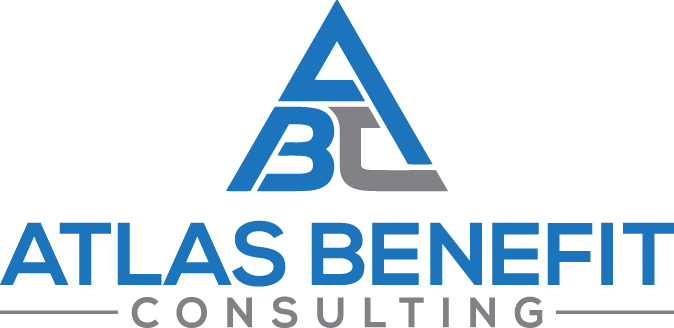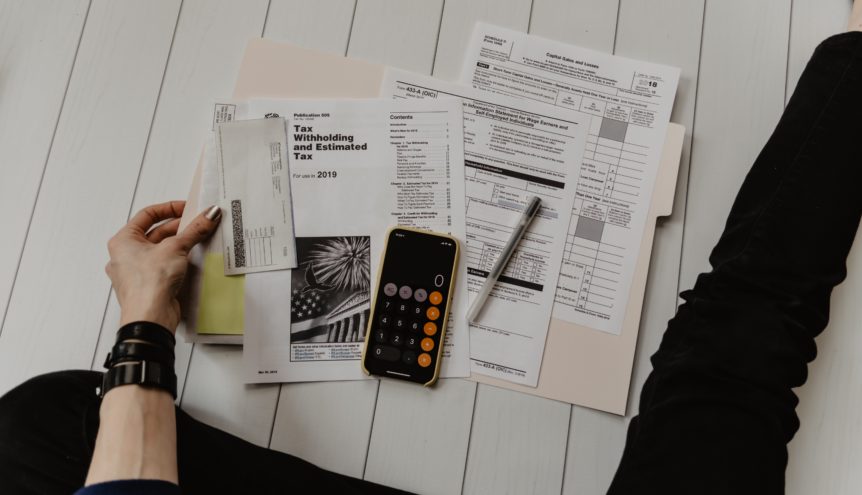This tax season we want to make sure you are aware of how your veteran status and VA disability standing impact your taxes. Below you will find helpful tips as well as general rules regarding compensation and gross income.
VA Disability Benefits
Disability benefits received from the VA should not be included in your gross income. Some of the payments which are considered disability benefits include:
- Disability compensation and pension payments for disabilities paid either to Veterans or their families,
- Grants for homes designed for wheelchair living,
- Grants for motor vehicles for Veterans who lost their sight or the use of their limbs, or
- Benefits under a dependent-care assistance program.
Disabled veterans may be eligible to claim a federal tax refund based on the two situations found below. Check with your tax professional to see if either applies to you.
- An increase in the veteran’s disability percentage as deemed by the VA (which may include a retroactive determination).
- The combat-disabled veteran applying for and being granted Combat-Related Special Compensation, after an award for Concurrent Retirement and Disability.
Disability Pension
Veterans that receive a disability pension from the VA do not include this in their gross income.
Veterans who are highly disabled or housebound and are receiving pension, may also qualify for an additional Aid and Attendance (A&A) benefit, which is an additional monetary payment available for veterans and survivors require the aid and attendance of another individual. This is also not included in gross income.
Education Benefits
Monies from the GI Bill is not taxable and is not included in your taxable income whether utilized by the veteran, spouse, or dependent.
Survivors’ and Dependents’ Education Assistance Program is also a tax-exempt benefit.
Housing Grants
Do not have to be reported as taxable income.
TAX TIPS:
- Utilize free services. Check the IRS website to search for participating sites in your area. As a veteran, you also qualify for free financial coaching.
- Stay organized. Once you know you’re eligible, you’ll need to be able to prove it (the best way to do this is with a Veteran ID Card (VIC)). Keep your records organized so that you can document your service. You want everything ready to go in case you need to prove your status to your tax preparer or during an audit.
- Remember tax benefits change year by year. Here is a great link with changes for this year.



Comments 3
Amazing….such a helpful websites.
Author
Thank you! Please let us know if you have any blog ideas you would like to see us post about.
You’ve wonderful information in this case.